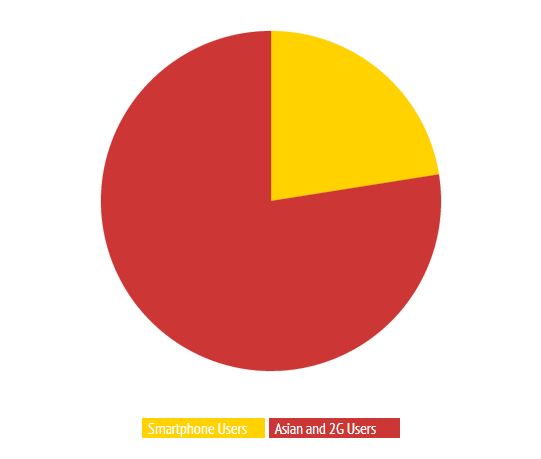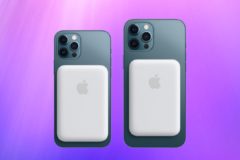Boko Haram’s main aim is to drag Nigeria away from “western influences”. But even they have nothing on 21st century digital adoption. Nigeria’s mobile revolution is coming and there is very little they can do about it.
The kidnapped girls most probably do not have mobile phones, especially as they are boarding school students, but the terrorists who wish to ‘wipe out all traces of Western influence’ are different. We have seen their alleged leader on the news, speaking into a video camera and reading from a booklet. Boko Haram uses mobile phones and books to communicate. They have taken to using the fruits of western education: mobile phones, video cameras, DVDs, YouTube, chemical explosives, automatic weapons, and even cars, when it suits them
According to Fredrik Jejdling, the region head and president of Ericsson sub-Saharan Africa in a report by the company, by the end of 2013, 65% of Nigeria’s about 170 million people had mobile subscriptions. Only 27 million of the 120 million mobile subscribers are using smartphones, the rest, like the majority of sub-Saharan Africa, use Asian and gray market 2G, feature phones. Ericsson provides mobile communication services for large parts of sub-Saharan Africa and manages roughly 80% of the MTN telecom network in Nigeria.

Smartphone and 2G device users in Nigeria | Create Infographics
While communications in Nigeria are still primarily by voice and text, change is here. Late 2013 and early 2014 saw our local telcos and ISPs improving from 2G to 3G and LTE 4G networks. And as low-cost, high-end android and blackberry smartphones make their way into the market, there is no stopping the mobile revolution.
Now, almost every Nigerian believes that their mobile phones are the most important piece of technology they own. 50% of smartphone users are regular internet surfers while72% send and receive SMS messages. We all know how deep Twitter and Facebook penetration in Nigeria goes. I don’t need to explain, the powerful response that the Twitter hashtag “#BringBackOurGirls” got is enough to show that an average Nigerian now wants to direct their social media toward useful pursuits.
We spread the news via twitter, mostly on our smartphones. Our internet blogs picked them before our TV stations did. It is definitely correct to saythat the Chibok incident could have gone unnoticed without mobile technology.
Boko haram, albeit unwittingly and in a homicidal manner, is promoting the use of mobile devices and the internet. Broadband may not stop terrorism, but knowledge is power and it will translate into fewer people joining the ranks behind Boko Haram or buying into their belief.
Photocredit: comminit




















